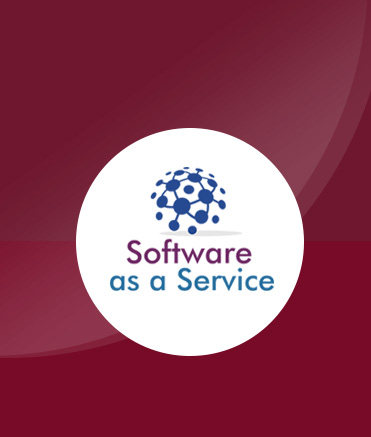DesertSci is a full service software company.
In addition to being a software provider we also offer modelling support and other client services, customised to your requirements.
1. Modelling Support
Using our state-of-the-art computational methods, DesertSci can provide direct modelling support for your drug discovery projects. DesertSci’s proprietary technologies ViewContacts, Scorpion , ProFusion, FELIX and Viper enable an integrated approach to drug discovery. We can provide new insights which can lead to breakthroughs in your drug discovery projects.
ViewContacts is a superior algorithm, developed from the latest findings in structural biology, molecular modelling, molecular recognition and database mining studies, that provides an accurate identification of interactions in binding sites. With ViewContacts we can accurately and easily explore key protein-ligand interactions determining binding affinity, improving targeted drug design.
Scorpion combines covalent and non-covalent interactions to create a cooperative network similar to a small-world network. We have gone beyond the normal pairwise additive approach to molecular recognition and incorporated precisely calculated network terms. To quantify the relevance of the network terms, we have derived a new empirical scoring function, ScorpionScore. Results show that higher networked protein-ligand complexes are more rigid/compact translate into tighter binding affinities.
ProFusion session files provide a comprehensive overview of the structure based drug design research within a project. They containing all key target data, all key ligand data and state-of-art protein-ligand interaction analysis. With this information in the one file, there is a much better chance of discovering promising new compounds to synthesise.
FELIX is super-fast software for searching and exploring non-covalent interactions in protein-ligand data. Our software matches query fingerprints against data derived from protein-ligand crystal structure data and then sorts hits by atom-based binding affinities. We use affinity results from DesertSci’s proprietary Scorpion software, for computing atom based ligand affinity scores. For searching interactions, DesertSci’s proprietary ViewContacts software is used to find and classify all close-contacts between ligands and proteins, which are stored as vectors to facilitate fast matching. FELIX also stores information about the kinase ATP binding site into its vectors, enabling kinase specific queries. Additionally, all pair-wise distances between residues around a ligand are computed and stored, enabling residue-residue distance constraints to be included into queries.
Viper is our approach for designing tight binding ligands and identifying areas for improving protein-ligand interaction networks and cooperativity, using pharmacophore searching and fragment scanning. Using Viper we can identify new ligand substituents that substantially improve binding affinities without having to add large groups.
By combining these proprietary technologies with our in-house computational chemistry expertise, DesertSci is able to provide a powerful additional component to your drug discovery program.
2. Consultancy and Customisation Services
DesertSci provides contract software customization under consultancy agreements. More specifically, we specialise in enhancing your in-house software and informatics resources by integrating them with our platform technologies. We then work together in extending these resources, to provide a bespoke software solution tailored to your research needs. The result is customised software containing more powerful and easy-to-use tools and interfaces, that match your R&D requirements. DesertSci:
- creates customised versions of its software tools. We allow all parts of the software to be customised to the finest detail ensuring it complies with your in-house requirements. Customisation includes functionality (we can integrate both in-house and 3rd party software tools or develop new tools to specification) and the ‘look and feel’ of the software. This means you can focus on the output rather than dealing with difficult and/or unfamiliar software environments.
- develops and customises web-based chemical information systems, including:
- compound registration and inventory
- tools facilitating the prediction of ADME properties and physiochemical descriptors
- bio-structural database.
- provides expert services in the streamlining of data. DesertSci builds systems that provide medicinal chemists with access to the wide range of models, data, and methods for the calculation of ADME and physiochemical properties, gathered from all sites in a research organisation
3. Free Software as a Service for Academics
As a service to the Academic and non-commercial research community, DesertSci provides free access to its exciting innovative technologies, ViewContacts and Scorpion, through its software as a service site.
ViewContacts provides new insights into non-covalent interactions in protein-ligand complexes and Scorpion provides a completely new method for rationalising tight binding in protein-ligand binding. Both these methods have been developed for many years in collaboration with major pharmaceutical companies, and provide genuine assistance to researchers in the quest for drug discovery.
DesertSci is pleased to be able to provide the academic community with an opportunity to use to this proprietary software, free of charge, so that they can have access to the the most innovative new methods for drug discovery.


